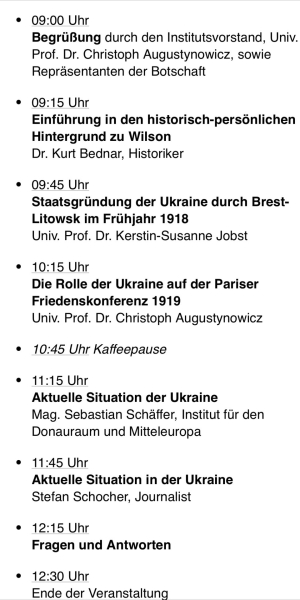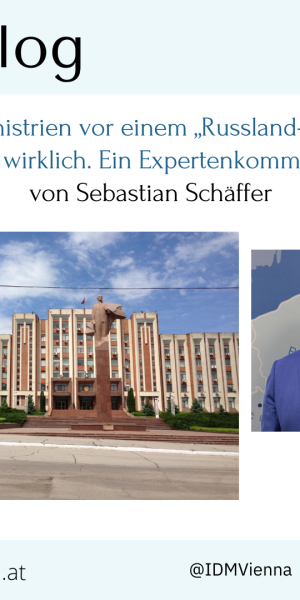IDM Short Insights 32: Dilemma of simultaneity 2.0
At the second edition of Cafe Kyiv organized by the Konrad Adenauer Foundation, IDM Director Sebastian Schäffer presented his book „Ukraine in Central and Eastern Europe“ and engaged in a panel discussion on the „dilemma of simultaneity 2.0“, the need to reform the enlargement process of the EU, the need to reform institutionally, and the need to fulfil the promise of a geopolitical union – all under the current geopolitical circumstances. Schäffer also argues that – apart from the necessary military support on the ground – there is also a need to foster the support of civil society in order to avoid letting populists divide us. This is going to be a crucial point for the upcoming European parliamentary elections, as it will not only decide the future of the European Union, it will also decide the future of Ukraine.
Transcript:
I am currently in Berlin at the second edition of Cafe Kyiv, organized by the Konrad Adenauer Foundation, where many different partners have the possibility to present their work in, on and with Ukraine.
I had the pleasure to speak at a book panel where I also talked about what I call the dilemma of Simultaneity 2.0, because other than after the collapse of the Soviet Union in the 1990s, the challenge that was there in Central and Eastern Europe to simultaneously develop not only politically but also societally up to state-building processes, all of which Ukraine has already mastered, this dilemma of simultaneity is rather referring to the European Union.
We need a reform of the enlargement process, we need an institutional reform and we need to finally get ready to fulfill the promise of a geopolitical union, all at the same time under the current geopolitical circumstances, which means we should no longer use the excuse that we need a reform before we can enlarge to prolong this process, because the promise that we’ve been given to the Western Balkan countries is now of legal drinking age in the United States, as it was given 21 years ago.
What we need to do, apart from the necessary military support on the ground, we also need to foster the support of the civil society and foster the understanding for the civil societies in the EU member countries, because we must not, populists, divide us and this is going to be a crucial point for the upcoming European parliamentary elections, because it does not only decide about the future of the European Union, it will also decide about the future of the country.



